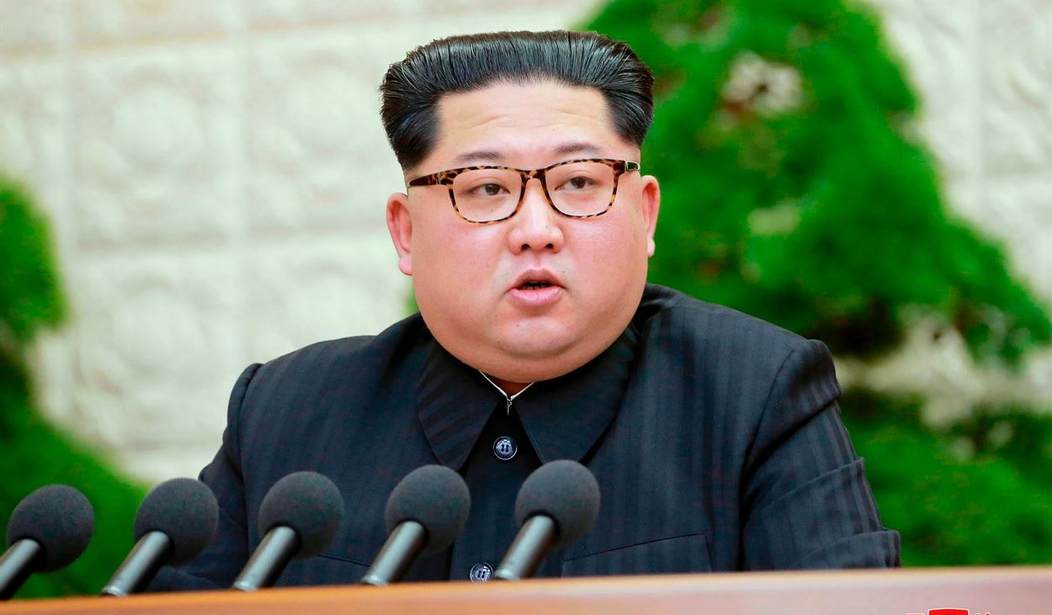Before meeting with North Korea's "very honorable" (Trump's words) dictator, Kim Jong-Un, the president should bone up on the history of that country's duplicity and deception, including ways it has used the wishful thinking of some past U.S. presidents to achieve its objectives.
A good place to start is an essay written by Joshua Muravchik of the American Enterprise Institute for the March 2003 issue of Commentary magazine.
As Muravchik notes, North Korea's nuclear program isn't a recent development. It began in 1979 and since then, its leaders have played the West, and especially the U.S., like a Stradivarius.
In 1989, Pyongyang claimed it would agree that the entire Korean Peninsula become a nuclear-free zone (sound familiar?). Instead, after raising hopes in the George H.W. Bush administration, it began requiring conditions and incredibly won concession after concession, sending a message that the U.S. could be had.
In January 1992, North and South Korea reached an agreement to prohibit nuclear weapons from the peninsula, but North Korea refused to sign a "safeguards" agreement, and then said it would have to submit the deal to its legislature, a process that would deliberately take several months. More agreements, re-designations of nuclear plants into something they were not and more deception followed.
During the Clinton administration, writes Muravchik, inspections were placed on the "back burner," prompting a U.S. State Department official to tell The Washington Post that the administration's strategy was to "walk softly and carry a big carrot."
Recommended
Even Clinton's defense secretary, William Perry, had qualms about the credibility of any North Korean promises. Perry told The New York Times: "I'd rather (face the risk of war) than face the risk of even greater catastrophe two or three years from now." When Secretary of State Warren Christopher said the U.S. was willing to negotiate with Pyongyang, Perry's comment seemed null and void.
Enter Jimmy Carter, who flew to Pyongyang in 1994 for a face-to-face with Kim Il-sung, the current dictator's grandfather. Carter saw a capital he said reminded him of the "Wal-Mart in Americus, Georgia." The neon lights looked to him like "Times Square." He said he encountered a population that was "friendly and open." Kim, he said, was "revered" by his people and "treated as a combination of George Washington, Thomas Jefferson and Abe Lincoln."
No wonder North Korea has believed the U.S. to be a patsy ever since.
Fifteen years ago, Muravchik said the U.S. had "no choice" but to "think" about war against the North." He said better to do it now than later when the costs would be even higher. It is now later. It may also be too late should Kim Jong-un have nuclear weapons and ICBMs capable of hitting U.S. targets. Given North Korea's trail of broken promises, it is highly unlikely any new pledge will be honored.
Muravchik concludes: "In short, our experience with North Korea confirms anew the folly of appeasement. ... Above all it points up the error of lowering our guard."
President Trump may be used to doing "deals" with New York developers and politicians, but compared to what he faces should he meet with Kim, he's seen nothing yet. It is like a novice poker player taking on Las Vegas high-rollers. The professionals see the amateur walk in and they think to themselves, "We can easily roll this guy."
Watch how you play your cards, Mr. President. In case you haven't noticed, the other side cheats.

























Join the conversation as a VIP Member